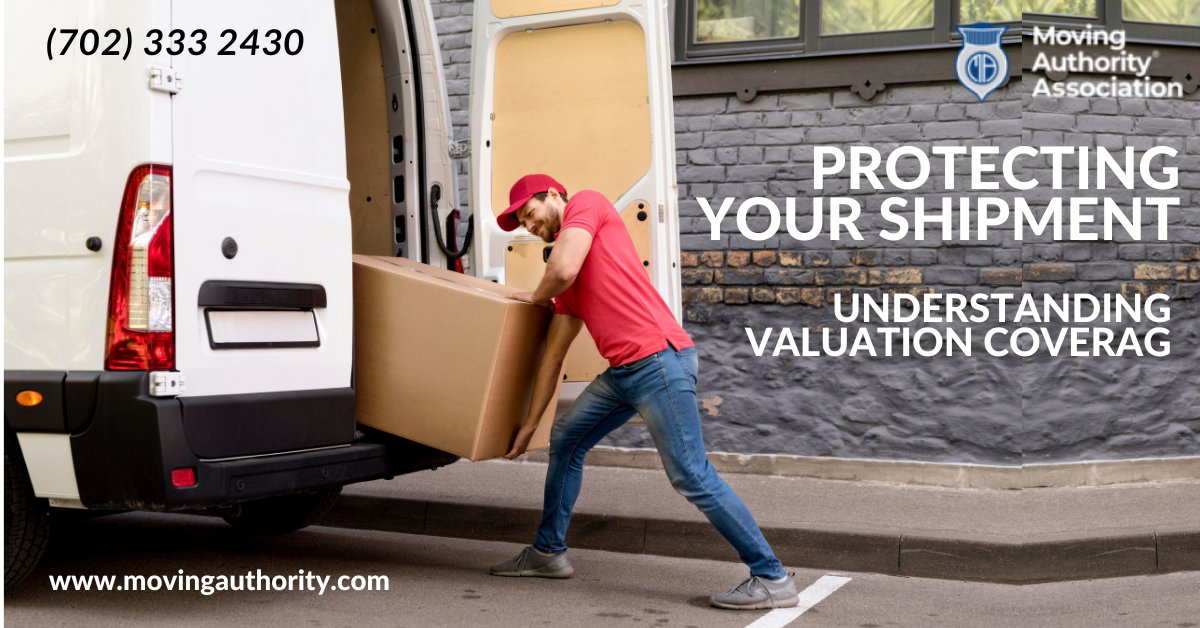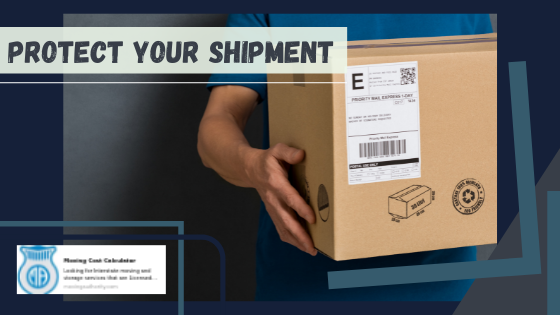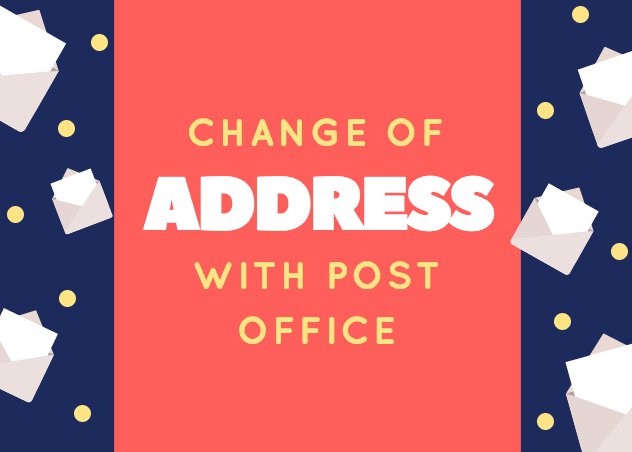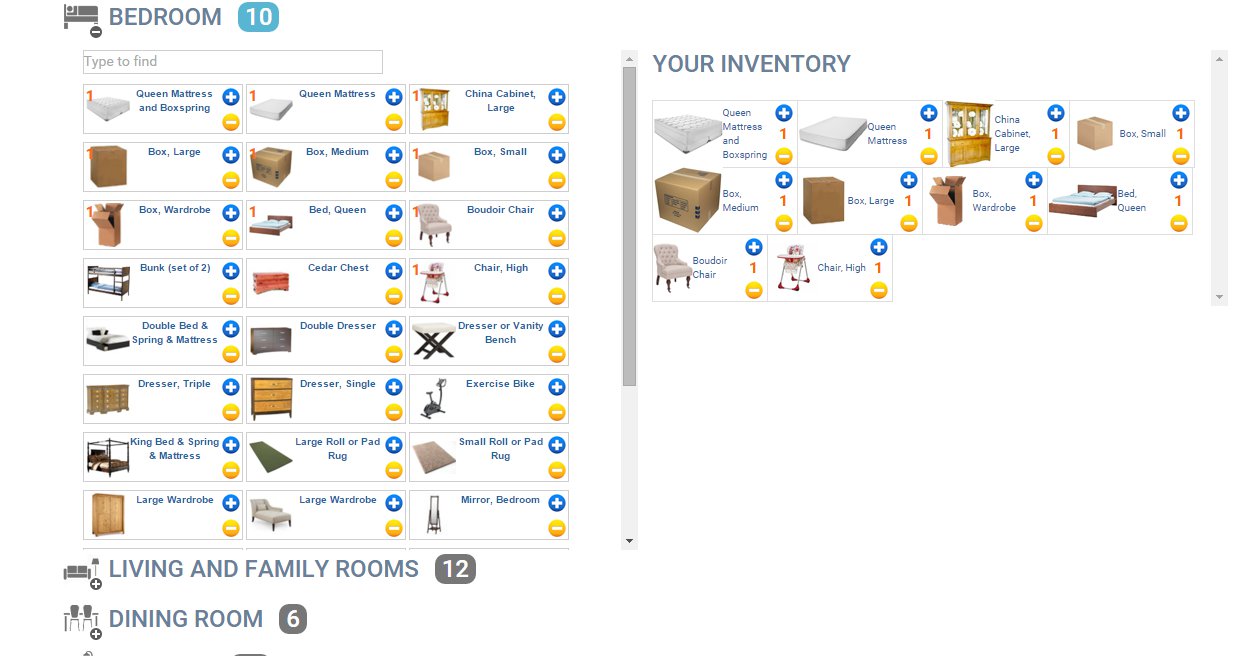Protecting Your Shipment - Understanding Valuation Coverage

- Understanding How to Protect Your Shipment
- Is Valuation Coverage the Same as Insurance?
- Insurance is Not Valuation
- Valuation Coverage - What Is It?
- Released Value Protection
- Full Value Protection
- What Kind of Coverage Is Best?
1. Understanding How to Protect Your Shipment
With so many aspects to think about during the process of moving your belongings, it can be a bit stressful. It's important to stay educated in order to understand and maintain organization during this period. When choosing your moving company there are many considerations, including checking their license and DOT number, making sure they have reviews reflecting their services, and getting an in-home estimate.
However, even though you've pre planned, found a professional moving company, and organized appropriately, sometimes there's still that worry or stress in the back of your mind. One way of lessening that stress is through valuation coverage. This can be quite difficult to understand so we're here to inform you and hopefully help you increase your satisfaction with your moving experience.
2. Is Valuation Coverage the Same as Insurance?
No matter how careful and fantastic your movers are, there is always that chance that something may be damaged or misplaced. Valuation coverage is important to consider when moving to these types of accidents. A common misunderstanding is that valuation coverage is equal or the same as insurance. This is NOT correct and valuation should not be misconstrued as insurance, again, because it is NOT insurance.
3. Insurance is Not Valuation
The process of insurance work in a way where it is something sold to consumers by a licensed insurance company. This insurance would provide coverage for losses or damages due to environmental events, fires, or plainly events that were unexpected or unforeseen. For this exact reason, we advise that you prepare and plan to have an essentials box with on the day of your move. Safety is always a priority and it is important to plan and prepare for unexpected events. In any event, it is helpful to have once you arrive in your new home.
4. Valuation Coverage - What Is It?
Valuation coverage is different in that it is provided by the moving companies. To put it basically, it provides coverage over lost or damaged items due to something to do with the moving company's control. If for example, a mover carrying a fragile items trips or falls and breaks that item, the valuation would provide coverage (although items should be protected by the proper packaging and equipment such as furniture pads).
However, if there were an environmental emergency such as a hurricane, which is currently a risk in the United States, the moving company would not be held responsible. It is important to understand that there are two types of valuation that moving companies offer.
5. Released Value Protection
The FMCSA requires that every licensed moving companies offer: released value protection and full value protection. Released value protection is already entered in your estimate. Released valuation covers your shipment at $0.60 per pound. This essentially means that protection is based off your weight, not the real value of the item.
For example, if someone drops your laptop and it is completely broken, let's say it weighs roughly 5 lbs, you would only be given about $3-$4. Clearly, this is not the full value of a lap top. This type of basic valuation is written into your bill of lading, which is a binding document, agreeing to this.
6. Full Value Protection
Full value protection is different in the fact that your shipment value isn't based on weight, but the value you give the item. If something happens to any items the moving company has three options. The first is to repair the item if possible, the second is to replace it, and the third and last option is to offer a settlement for that item
7. What Kind of Coverage Is Best?
You are in complete control of the type of coverage you would like to choose for the goods you're shipping. This is a difficult question to answer because it is situational to each shipper and carrier. There may be some goods or items that you want full value protection on because it might not be risking their worth to you. However, people find excellent moving companies and trust them with their shipment. In this case, they go ahead with released valuation coverage, which as stated earlier, will be on your bill of lading. Many professional moving companies do offer protection options in the beginning of the process. If your company does not, bring this matter to their attention and have them explain the options they offer or provide.



Add Comment